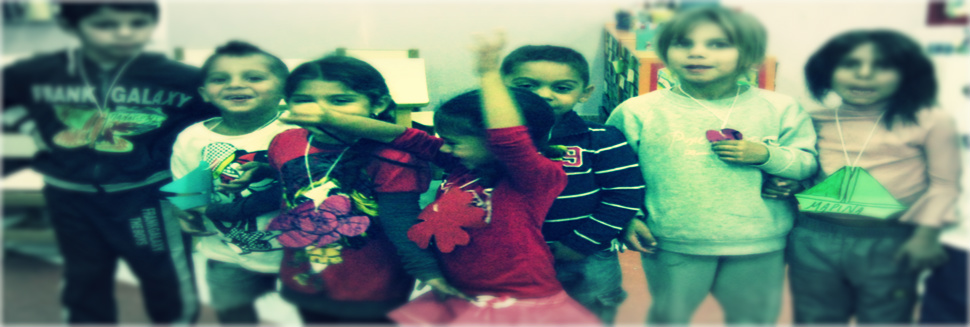Objectives

The general objective of the project is to raise the participation and attainment levels of the Roma students in schools. The specific objective with which the general objective will be achieved is to prepare the Roma children of a pre-school age in order to deal better with the school environment. According to the opinion of the partnership one of the main reasons for which the Roma children leave the school is that it is something completely different from what they have been used to, is something out of their culture and they have problems to get used to this new environment. Therefore, the main aim of the project is to develop and test a model for the organization of “pre-school centers” especially organized for the Roma children of a pre-school age. These pre-school centers will prepare the Roma children for the school through specific activities and they will be organized on the format of a nursery school. The activities of the children in the pre-school center are going to be facilitated by two intercultural intermediators (one Roma and one non-Roma) and are going to take seriously into account the cultural background and the specific needs of the Roma children. The project aims also to train the intercultural intermediators that are going to work in these centres. The training is going to take place both with the use of a face-to-face methodology (workshops) and with the use of e-learning. In order to facilitate the training process and make it sustainable in the long run, the project aims also to identify the qualitative training material that has already been produced in the field of intercultural education for small Roma children and organize it in the format of e-learning course (with the addition of relevant multimedia files) in order to be easily available for the training of intercultural intermediators all over Europe. Finally, the project aims to develop national stakeholders networks which will include all the relevant stakeholders in the field of pre-school and school education of the Roma children in order to promote and facilitate the contacts between them and create a positive snowball effect that will make the whole process self sustainable.
The project has as an objective both to develop and test the model in order this to be transferable in other countries or in other programmes but also to have a practical impact to the lives of the 80 Roma children (20 children in each country) that will participate in the piloting by improving their lives through helping them to get better used to the school environment. The development of the model for the organization of the pre-school centers will provide local and national authorities, NGOs, Roma communities and all the other relevant stakeholders with a model that could be easily implemented in order to facilitate the preparation of the Roma children. This will mean that a growing number of Roma children would be able to receive preparation before going to school and get more used to the school environment. Also, the project will make easier the training of the intercultural intermediators since the training material (enhanced with audiovisual material and evidence) will be organized in e-learning format and the access would be free for everyone interested. Finally, the 80 children that are going to participate in the piloting are going to be better prepared to face their school environment and will have fewer chances to leave school.











